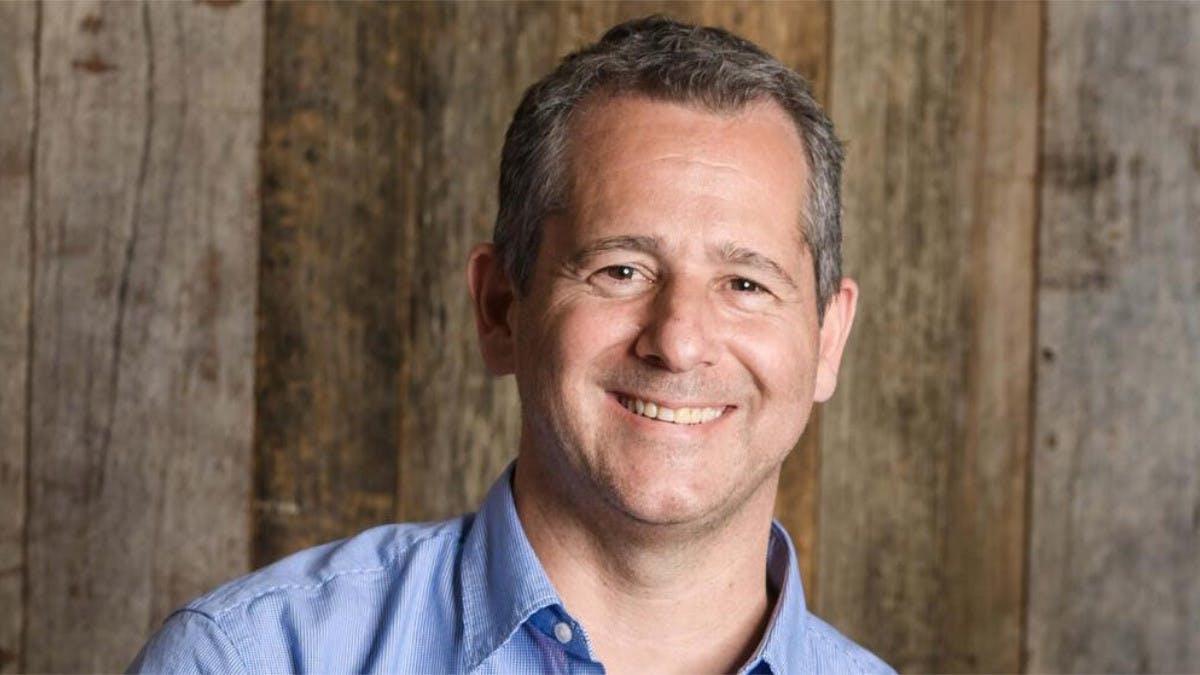For those operating in the food service industry, there are certain pitfalls that were once a ‘given’ in the business, such as having to source and manage food inventories from a range of suppliers, using seemingly antiquated phone and fax ordering processes to do so.
Since 2017, however, a Sydney-based food tech start-up has been shaking things up.
“It’s been a slow adoption of tech in hospitality, it’s only in recent times that this industry has adopted apps like home delivery and rostering platforms,” explained Paul Tory, founder and CEO of Australia’s first wholesale marketplace for the food service industry, Foodbomb.
“We’ve created an online marketplace that connects venues like cafes, pubs, and restaurants, with food suppliers. We give them the ability to consolidate their purchases through a one-stop shop platform.”
Instead of having to manage numerous suppliers and balance those timelines of deliveries, hospitality businesses are now able to access more than 100 suppliers across categories of product like meat, fruits and vegetables, dairy, and bakery, all on a single platform. They can also compare prices and value between suppliers to make the best choice for their business.
Since launching over five years ago, Foodbomb operates in NSW, Victoria and more recently, Queensland.
Identifying the pain points of the industry
Growing up with a family business in wholesale meat supplies, stepping into food-tech seemed a “natural progression” for Paul.
In the early 2000s, he launched his first venture, an online home delivery meat company called Butcherman.
“It really opened my eyes to the world of e-commerce,” he shared. “I got to observe orders come through digitially, payments captured on the spot, and I thought ‘this is amazing!'”
When he sold the business to a larger meat company and worked there during the handover period, he discovered how difficult the ordering process could be in working with different suppliers.
He explained, “They were ten times our size and ten times worse in their processes! Every night, they had around 350 voice messages for orders the next day. You could hear pots and pans clanging in the background as someone placed an order for, say, 20 steaks tomorrow, without even identifying who they were! It was difficult.”
As Paul puts it, the idea for Foodbomb came from “living and breathing the industry.”
By dealing with suppliers, Foodbomb is able to take over the labour-intensive tasks of spreadsheets and phone calls to streamline the ordering process for hospitality venues. On the other side of the marketplace, they’re able to support the sales, accounts, and marketing teams of suppliers along with providing a seven-day payment guarantee on deliveries.
Today, Foodbomb is backed by investors like Athletic Ventures and Platform Advisory Partners. It closed its last funding round in 2021 from a Series A round, raising $4.5 million to begin expension into Brisbane and take on more staff.
The impact of COVID
Up until 2020, Paul notes that Foodbomb was gaining great traction, recording month-on-month growth and attracting the attention of prominent VC funds.
When the pandemic hit, they had to get creative.
“Lockdowns hit us almost overnight and it was a tough time. However, we noticed that supermarket shelves were empty, they’d stop going home deliveries, and here we were with a network of suppliers willing and able to deliver!” he recalled.
“So we pivoted our model to home delivery and even got a bit of a PR push from the media, like Channel 10 News. It was crazy, we had 15,000 registrations in that first month alone.”
Where the hospitality industry noticed profits plummeting by almost 70 per cent at the time, Paul estimates Foodbomb only saw a five per cent drop.
“It was a great stop gap for us because it was never a long-term plan to offer home deliveries. We’ve slowly phased that out, though we do offer it and it’s a small part of our business,” he added.
In another step to assist hospitality venues recovering from the impact of lockdowns, Foodbomb entered the buy-now, pay-later (BNPL) arena in early 2022. With BombPay, users are offered credit to pay wholesale suppliers without additional cost while the suppliers are paid immediately.
The way forward
In ‘blowing up’ antiquated practices within the hospitality industry, the start-up’s name seems quite fitting.
“We would tell investors that we’re cleaning out [the industry] and starting fresh,” Paul grinned. “But in reality, we didn’t have a name for a long time. It was actually my 10-year-old son who came up with ‘Foodbomb’ during the onboarding stage.”
Due to their model, they’ve also found a way to disrupt the industry by way of eliminating waste.
“By creating greater efficiencies in the ordering process, by way of volumes and frequency, we are certainly able to improve that area for sustainability,” he noted.
The plan ahead is to continue to expand, both nationally and potentially internationally, to bring their wholesale supply platform to much larger markets, Paul added.
Advice for aspiring entrepreneurs
With over 20 years of experience in the food service industry, there are a few lessons Paul acquired along the way. The first, he says, is in identifying the problem to be solved.
“Having lived and breathed a particular industry, it gave me a certain set of skills to be able to identify a clear problem. We didn’t make it up, it was already something that needed to be solved,” he observed.
“Moreover, launching with my co-founder Josh Goulburn who has a very complementary set of skills in managing teams and building strategy, we had a great base between the two of us.”
However, he’s also quick to add the importance of funding and proper backing, no doubt a major area of interest for aspiring entrepreneurs.
“We found a great venture capital investor and we were very well funded. So I would say that cash is key. In my personal experience, you do need money behind you to grow.”
Keep up to date with our stories on LinkedIn, Twitter, Facebook and Instagram.

